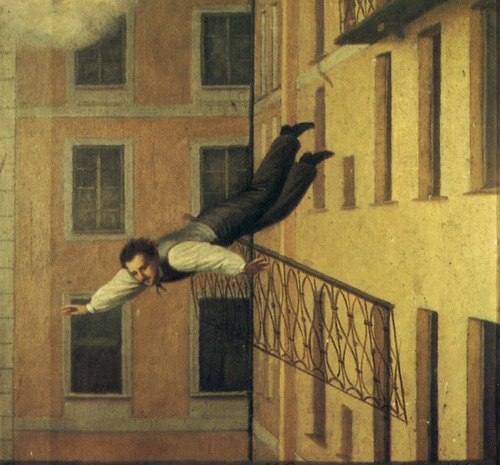The energy giant -- and Putin's power base -- looks set for hard times
After years as Eurasia's energy bully, Russia's state-controlled natural
gas monopoly, Gazprom, is getting a taste of its own medicine. Even as Gazprom
seeks to build the tallest skyscraper in Europe as its new headquarters in St.
Petersburg, pressure from Russia's neighbors led to a 15 percent decline in the company's profits last year,
eating into the state budget. Moscow's single-minded focus on gas exports in an
effort to become, in the words of President Vladimir Putin, an "energy
superpower" has crippled its ability to adapt to profound changes in the
global energy landscape -- from the shale gas revolution in North America to
the dynamism of new market players such as Azerbaijan. Having spent the last
decade making enemies in Central Europe and Central Asia, Gazprom and Russian
decision-makers are now reaping what they have sown.
Policymakers
in European capitals could be forgiven for a little schadenfreude right now.
Building on the legacy of Soviet gas exports to the Eastern Bloc and parts of
Western Europe, Putin and his cohorts in the Kremlin have, for years, used
Gazprom as a cudgel in Moscow's relations with European Union member states.
Over the past decade, well over a third of EU gas imports have come from
Russia, with a number of Eastern European states almost completely dependent on
Gazprom. Bulgaria, for example, receives more than 95 percent of the natural gas it consumes from the company. Millions of
European consumers shivered through the winters of 2006, 2008, and 2009 when
Gazprom cut off supplies in order to squeeze middlemen in Ukraine, Belarus,
Georgia, and Moldova who had had the temerity to buck Moscow's policies.












.png)











